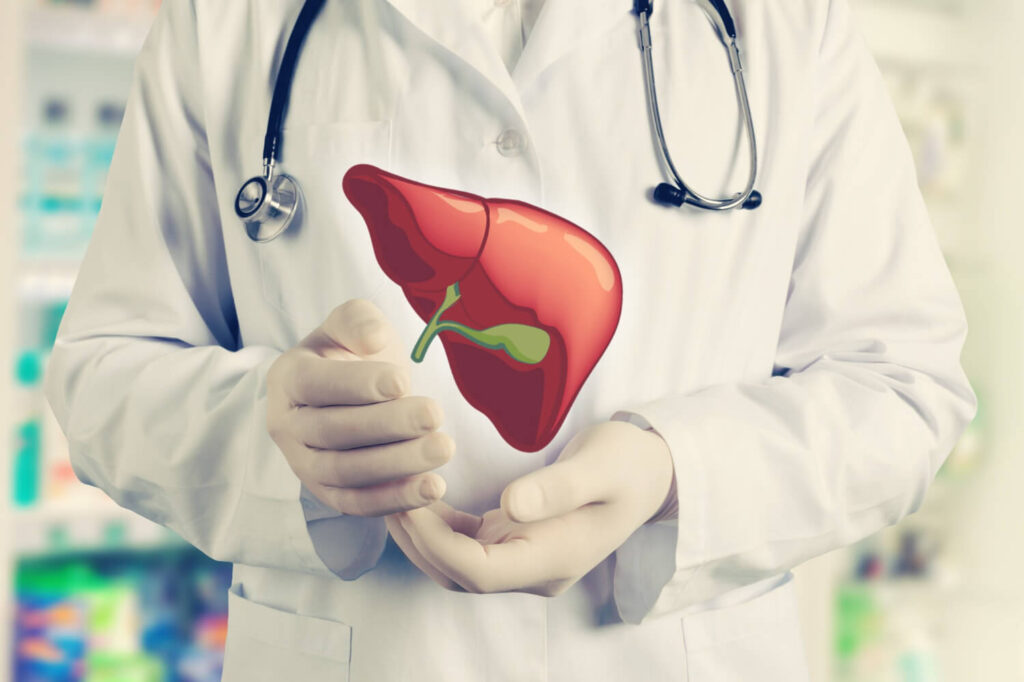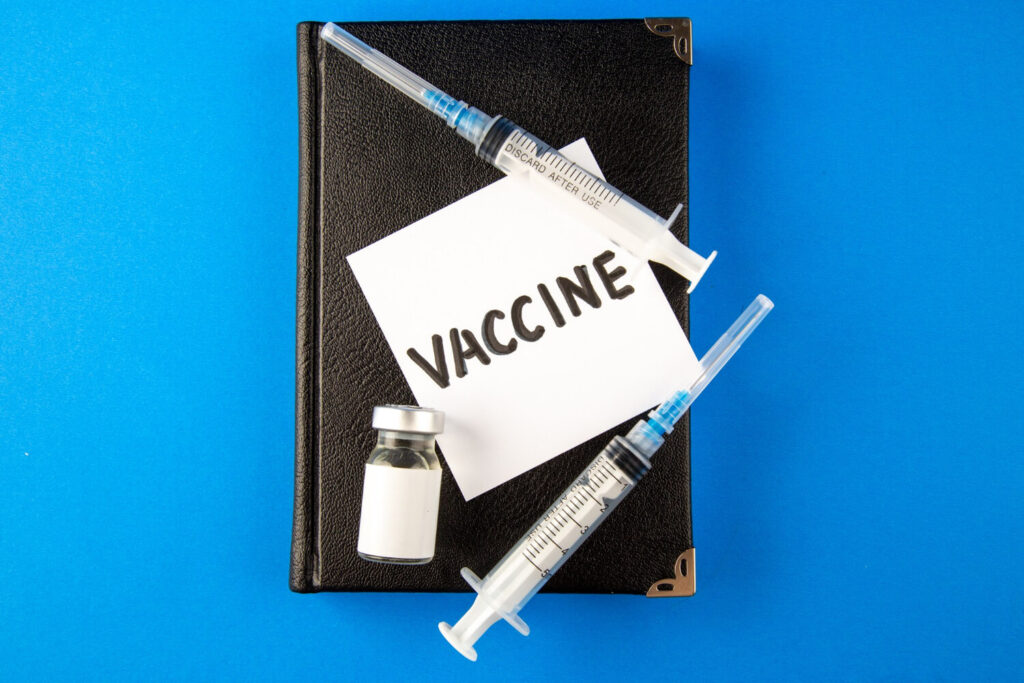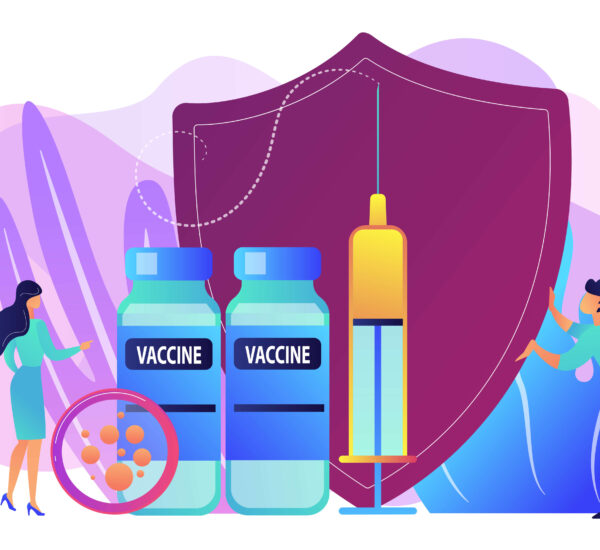In recent years, there has been a growing concern about the prevalence of hepatitis B, a viral infection that affects the liver. With its potential to cause long-term complications such as liver damage, cirrhosis, and even liver cancer, it is crucial to understand the hepatitis b dose to ensure effective results for both children and adult patients.
In this article, we will delve into the fundamentals of hepatitis B vaccine. Discover the suitable dosage immunization for those with special considerations for specific populations. Let’s begin!
Understanding Hepatitis B Virus

Before we dive into the details of the recommended hepatitis b dose for various patients, it is essential to understand the virus first. Hepatitis B virus or HBV infection is a highly contagious virus that primarily attacks the liver. An infected person may initially experience flu-like symptoms, such as fatigue, loss of appetite, nausea, and jaundice.
Hepatitis B virus is transmitted through contact with infected blood and other body fluids. Thus, making it possible to contract the virus through sexual contact like unprotected sex, sharing needles, or from an infected mother to her newborn during childbirth.
Worldwide Impact of Hepatitis B
It is worth noting that hepatitis B can have long-term effects on an individual’s health. Chronic hepatitis B can lead to liver diseases, and can eventually evolve into liver failure. These complications can have a profound impact on a person’s quality of life and may require ongoing medical intervention.
Moreover, it is vital to recognize that hepatitis B is a global health issue. According to the World Health Organization (WHO), an estimated 360 million people are living with chronic hepatitis B infection worldwide. This staggering number highlights the urgent need for widespread vaccination and comprehensive prevention strategies.
Many individuals may mistakenly believe that only certain populations or high-risk groups are susceptible to the risk of infection. However, hepatitis B can affect anyone, regardless of age, gender, or lifestyle.
The Importance of Hepatitis B Vaccination

In the fight against hepatitis B, vaccination plays a pivotal role in preventing the spread of the virus and protecting individuals from potential harm. The hepatitis B vaccine stimulates the body’s immune response, training it to recognize and eradicate the virus should an individual come into contact with it in the future.
With the vaccine, people can shield themselves from the risk of developing hepatitis B, and contribute to the collective effort to eliminate and prevent the disease.
Safety and Efficacy of Hepatitis B Vaccine
The hepatitis B vaccine has been proven safe and effective in preventing contracting hepatitis B disease and its associated complications.
Extensive studies have shown that receiving the recommended hepatitis b dose is effective, with over 90% of vaccinated individuals developing protective antibodies against the virus. Additionally, the vaccine has an excellent safety profile, with minimal adverse effects reported. By preventing infections, the vaccine not only protects individuals but also contributes to public health efforts in controlling the spread of the virus.
As with any vaccine, it is essential to discuss any concerns or potential risks with your healthcare provider to make an informed decision about vaccination.
Patients Who Can Get The Hepatitis B Vaccine
Hepatitis B Vaccination for Children
Protecting children from hepatitis B infection is of utmost importance, as they are more prone to developing chronic hepatitis B and its complications. It is important to note that young children don’t have a strong immune system to protect themselves from serious health problems. With the possible liver health risks from contracting HBV, children need to have effective protection. That’s why following the recommended hepatitis b dose and schedule is essential.
The vaccination schedule for hepatitis B in children typically starts with the birth dose, which is completed within the first year of life. In that case, the vaccine must occur in three doses. The most common vaccine for children is around 0.5 mL per hepatitis b dose.
It is important to note that the first hepatitis b dose is typically given within 24 hours of birth, with subsequent doses administered at one month and six months. This schedule ensures that children receive optimal protection against hepatitis B at an early age when they are most vulnerable to infection. It is important to adhere to the recommended schedule to ensure the effectiveness of the vaccine.
On the other hand, if the patient isn’t vaccinated yet even in their teenage years, certain arrangements should happen. For instance, ages 11 to 12 years old patients who haven’t received the vaccine yet must undergo 3 scheduled immunizations. The second hepatitis b dose will be administered after 1 month, while the last will happen 4 – 6 months after the second dose.
Hepatitis B Vaccination for Adults
Meanwhile, vaccination remains an essential preventive measure against hepatitis B for adults. Certain populations are at an increased risk of contracting the virus, necessitating targeted efforts to protect them.
The following groups of adults are encouraged to get the right hepatitis B dose of the hepatitis B vaccine:
- Healthcare workers who may come into contact with blood or bodily fluids
- Individuals with chronic liver disease or other risk factors for hepatitis B
- Household contacts and sexual partners of individuals with chronic hepatitis B infection
- Individuals traveling to areas with high hepatitis B prevalence
- Individuals considering becoming pregnant or who are pregnant
For adults, the hepatitis B vaccine is administered in a standard three-dose series using 1 mL per hepatitis b dose. The second dose is typically given one month after the first dose of the hepatitis b vaccine, and the third dose is administered six months after the initial dose. This schedule applies to 19 to 59 years of age, which allows them to build a strong immune system and lasting response against the virus.
In case the patient misses the scheduled dosage doses of the hepatitis b vaccine, they can always continue their immunization. Patients can talk to their healthcare provider for guidance on catching up. They will help you determine the best course of action based on your specific situation.
Special Considerations for Hepatitis B Vaccination
In addition to the general vaccination recommendations for both children and adults, certain populations require special considerations regarding hepatitis B vaccination. Let us explore two specific groups: pregnant women and individuals with chronic diseases.
Vaccination for Pregnant Women

Protecting the health of both the mother and the unborn child is paramount during pregnancy. Hepatitis B vaccination is considered safe and is recommended for pregnant women who are at a high risk of contracting the virus or have chronic hepatitis B infection. By vaccinating pregnant women, we not only provide direct protection to the mother but also indirect protection to the newborn through the transfer of protective antibodies.
So, whether the patient is pregnant or is in the breastfeeding stage, there’s no need to avoid getting vaccinated. The doctor will provide standard precautions for the recommended doses of the hepatitis b vaccine to ensure the mother’s and the baby’s safety.
Vaccination for Individuals with Chronic Diseases

On the other hand, individuals with chronic diseases, especially those affecting the liver, are more susceptible to the complications of hepatitis B infection. Healthcare providers must consider the vaccination status of these individuals and offer timely vaccination to those who are unvaccinated or inadequately vaccinated.
By proactively managing vaccination in this vulnerable population, we can limit the burden of hepatitis B infection and its associated complications.
Potential Side Effects and Precautions
While the hepatitis B vaccine is generally well-tolerated, there may be some mild side effects that can occur. These potential side effects should not deter parents from vaccinating their children, as the benefits of protection far outweigh the risks of these minimal and temporary reactions.
Some of the side effects may include the following:
- redness or soreness at the injection site
- low-grade fever
- fever
- fatigue
- headache
In rare cases, more serious side effects can occur, which can be alarming for some patients. There can be instances where the patient suffers from a severe allergic reaction. While it is a rare situation to happen, it is important for patients to be observant of their condition and to know the right time to seek immediate help. Thus, allowing them to address the side effects of the hepatitis b vaccine.
Conclusion
Vaccinating children against hepatitis B is a crucial step in protecting their health and preventing the spread of this potentially life-threatening disease. The recommended schedule and dosages, along with the potential side effects and precautions, should be carefully considered by parents and healthcare providers alike. By following the recommended vaccination schedule, parents can ensure that their children receive the best possible protection against hepatitis B from an early age.
Please take note that the hepatitis b virus is one of the types of viral hepatitis that can still be managed before it progresses to a life-threatening condition. Vaccination is one of the keys to proper management of liver health.
Book an online consultation with a hepatologist today to schedule your immunization.
Hepatitis B Vaccination Quiz
When should the first dose of hepatitis B vaccine be given to newborns?
The first hepatitis B dose is typically given within 24 hours of birth. This early vaccination is crucial because newborns are most vulnerable to infection and can develop chronic hepatitis B if exposed early in life.
How many doses are required to complete the hepatitis B vaccine series for children?
The hepatitis B vaccine requires 3 doses to complete the series. For children, this typically includes a birth dose, followed by a second dose at one month, and a third dose at six months of age.
What is the standard dosage of hepatitis B vaccine per dose for adults (ages 19-59)?
For adults aged 19-59 years, the hepatitis B vaccine is administered at 1 mL per dose. This is different from children, who receive 0.5 mL per dose. The adult dose provides the immune response needed for larger body mass.
What percentage of vaccinated individuals develop protective antibodies against hepatitis B?
Extensive studies have shown that over 90% of vaccinated individuals develop protective antibodies against the hepatitis B virus. This high efficacy rate makes the vaccine one of the most effective preventive measures against hepatitis B.
How is the hepatitis B virus transmitted?
Hepatitis B virus is transmitted through contact with infected blood and body fluids. This includes unprotected sexual contact, sharing needles, or from an infected mother to her newborn during childbirth. It is NOT spread through food, water, or casual contact.



